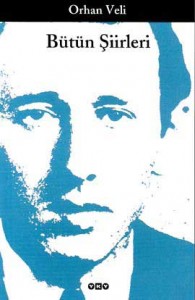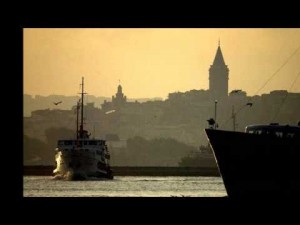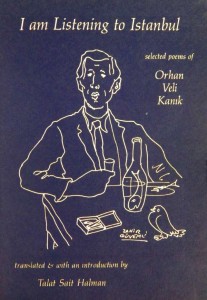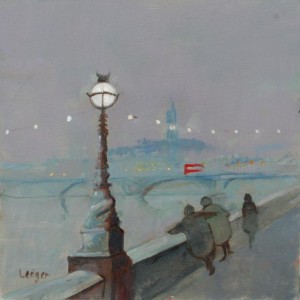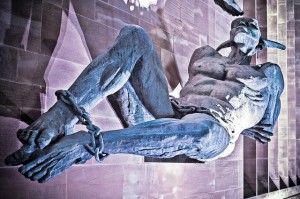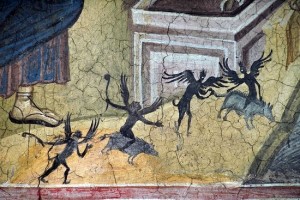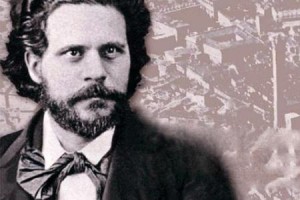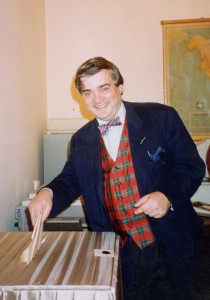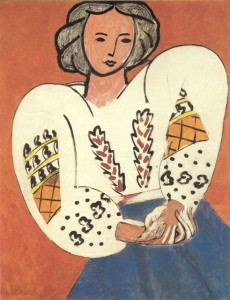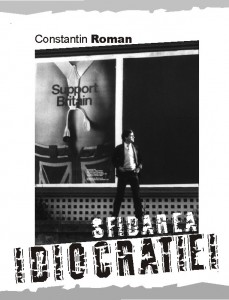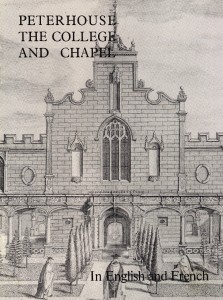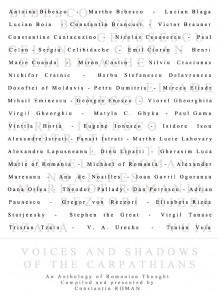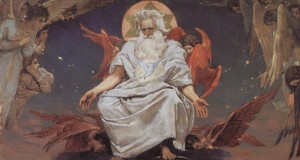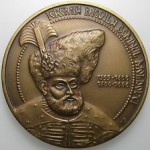Poetry in Translation (CCXXVII): Theo DORGAN, (b. 1953, Cork), IRELAND, “A Slow Poem”, “Sfială”
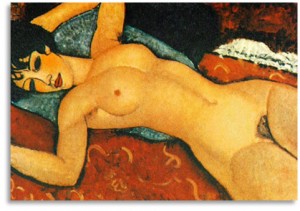
A Slow Poem
Theo Dorgan
I place my finger with great care
on the sleeping magnificent body of my beloved.
The room is quiet and huge, the air still, so still
I hear dust motes falling like leaves on the counterpane.
I stop my breathing and she fills me up
with swell of breath, the rise and fall of tides
so quiet and silver there, I am carried up and out of touch;
and she is far below me, curled into me,
her skin sufficient boundary, her dreams and trouble stilled.
Her troubles become diamond in my chest, I tip and balance
here beneath the ceiling, full of airy, thoughtful love, then fall
as slowly as leaves falling on a field,
until I settle there beside her, breathing her breath.
© 1995, Theo Dorgan
From: What This Earth Cost Us
Publisher: Dedalus, Dublin, 2008
ISBN: 9781904556930
Sfială
Theo DORGAN
Degetul meu atinge cu sfială
corpul minunat, al iubitei visând.
Încăperea e mare, atât de mare, încât aerul stă încremenit,
şi aud fluturii nopţii lovind geamul, ca frunzele toamnei.
Când ea mă cuprinde cu valul suflului ei,
răsuflarea mea e tăiată, ca fluxul şi refluxul,
învolburat, purtându-mă sus, în larg;
iar ea, se încolaceşte, adânc în trupul meu,
doar pielea făcând zăgaz, cu visul şi grijile ei alinate.
Tulburarea – este o piatră nestemată în pieptul meu, în timp ce eu înclin balanţa,
privind tavanul, plin de o desfătare caldă, exaltată, ca apoi doar să cad,
ca frunzele acoperind câmpul,
stând întins lângă ea, respirând suflarea ei.
Romanian version by:
Constantin ROMAN, London,
© 2013, Copyright Constantin ROMAN
 BIO NOTE:
BIO NOTE:
Theo Dorgan (b. 1953) is an Irish poet, writer and lecturer, translator, librettist and documentary screenwriter. He currently lives in Dublin.




